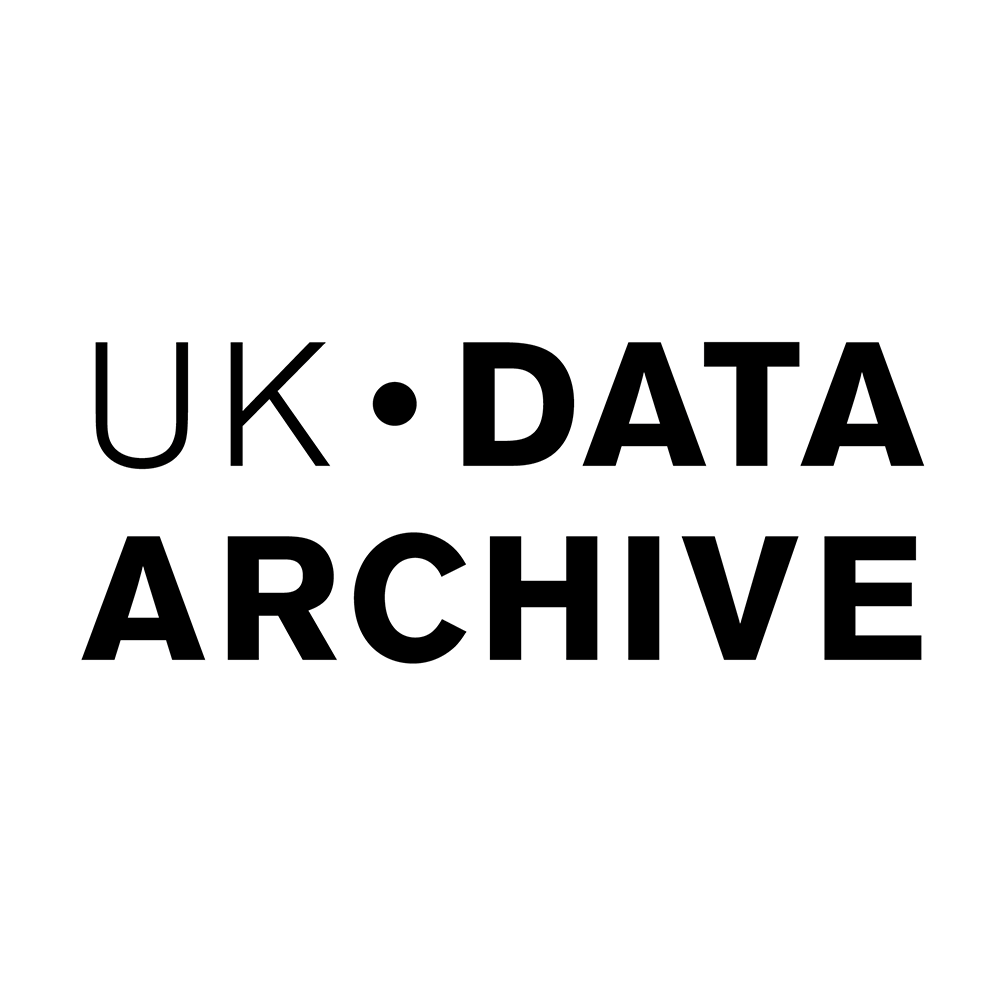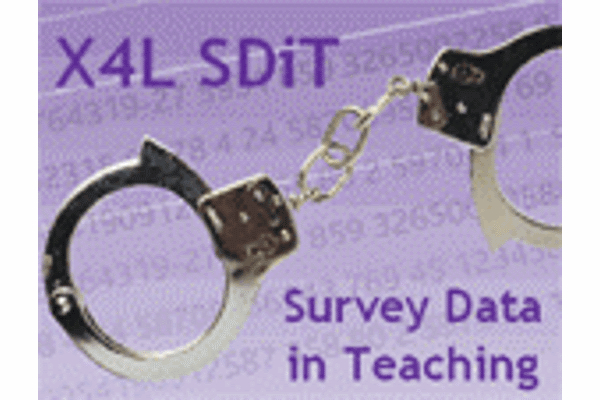Survey Data in Teaching
This project's main goal was to enable a better understanding of the use of social science data as applied to real-life problems and enhance skills in manipulating numerical data in textbooks, newspapers or reports.
It also aimed to encourage researchers to become critical consumers of data.
The eXchange for Learning (X4L) project aimed to build, pilot and document the evaluation of a set of data-based resources for use in teaching in political science courses at higher education (HE) and further education (FE) levels. The resources were based on existing UK Data Archive holdings that had been re-purposed to suit the pedagogical needs identified by the tutors authoring and piloting the teaching resource for their existing courses. The resources added to the growing portfolio of the JISC Information Environment learning and teaching and helped inform JISC in pursuit of their X4L mission.
The Survey Data in Teaching (SDiT) project considered how re-purposing existing data resources housed at the UK Data Archive for teaching and learning might increase their use in HE/FE. Simplifying and re-packaging complex data, for example the larger government survey datasets held by the UK Data Archive, is one way of opening up their accessibility, and a grander mission of the SDiT project was to work towards improving the data literacy of GCE A-level and university students.
X4L SDiT uses the study of crime in society to show how existing data sources can be utilised to answer questions about crime, and is relevant to a range of social science disciplines, through FE and A-level syllabi to undergraduate and postgraduate learning. The outputs created are a variety of free online teaching and learning resources relating to social science and statistics, based on learning strategies that encourage the teaching of research methods within a substantive context.
Three types of resources have been developed: four learning modules on using data from the British Crime Survey; two appendices on sampling and statistical inference; a glossary of statistical terms, and two resource discovery guides - one on the use of the Nesstar online data exploration system, and another on how to find data and documentation in the UK Data Archive. Accompanying these resources are the dataset and free statistical software, plus a tutor's guide giving ideas on using the resources in the classroom and the application of key skills. The resources are available on the web and as a printed pack and accompanying CD.
Archive contribution
Co-ordination/project management; dataset preparation and resource discovery and Nesstar guides; contribution to the development of learning and teaching materials; mounting web-based learning objects; development of UK Data Archive learning and teaching mini portal; contribution to consultation and evaluation; contribution to documentation of resources; dissemination of resources.
Principal Investigator: Louise Corti
Funder: Jisc
Dates: January 2003 - October 2004
Contact: Louise Corti




